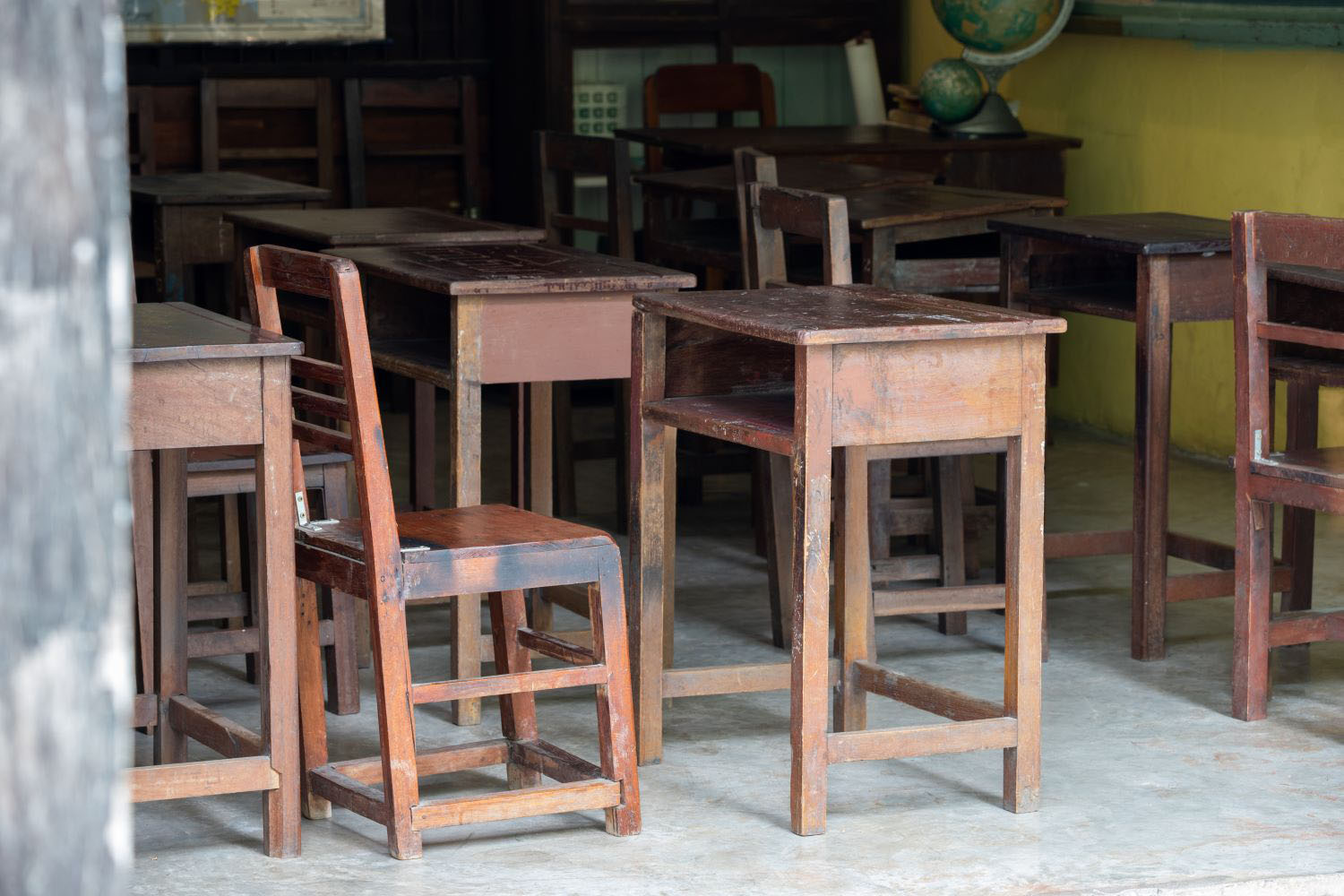Dear President Bush:
In recent weeks, American schoolchildren, churchgoers, and individual citizens have shown their remarkable empathy for victims of the Asian tsunami. That empathy combined with the wish to promote global security in an increasingly interdependent world explain the solid political support for your leadership in financing the global effort to combat AIDS and creating the Millennium Challenge Account (MCA). These programs increased U.S. foreign aid for the first time in more than 40 years. More important, by targeting aid to countries with governments that are competent, honest, and democratic, they have brought a new discipline to aid, and a welcome insistence that that it make a measurable difference in the lives of the world’s poor.
According to a recent national opinion poll, Americans chose provision of basic education as the most important goal of U.S. support for international development programs. They see education as the path to freedom in the world’s poorest countries and to a more secure global system for all. U.S. support for education touches a wellspring of the American spirit that you have invoked in your speeches—an emphasis on an “ownership” society based on incentives for individual effort and responsibility.
We urge you now to lead Americans in a vital new international effort to bring that kind of incentive to every child no matter how poor: the opportunity to shape one’s own future. Poor people, especially poor women, usually own little more than their labor. With education, that labor becomes a productive asset, making it possible for poor people to take responsibility for their well-being and that of their societies. Without such a transformation, poverty fuels frustration, anger, fanaticism and violence – and in the case of girls, a high risk of falling victim to sexual abuse and AIDS.
There is a simple way to take up the challenge that no child, anywhere in the world, is left behind. For two years officials from rich countries including the U.S. have been negotiating with a group of poor countries plans to ensure that every girl and boy completes primary school by the year 2015. The donors have agreed to support the plans of a select group of countries ---selected for a “Fast Track Initiative” because they have the leadership to move effectively on those plans. They have done so on the grounds that the education plans make sense and that the governments are honest and competent enough to implement them. Four of these countries -- Ghana, Honduras, Mozambique and Nicaragua – are also eligible for U.S. support from the MCA.
Why not encourage these countries to ask for education funding through the MCA funds, ensuring that in these four poor countries no child is left behind? This would not be an earmark, and countries themselves would make the decision about whether or not to apply; but it would be an invitation to use the MCA resources to make one of the most valuable investments possible.While these governments are far from perfect, their leaders have shown that they are committed to extending the benefits of education to all their children. Their efforts would proceed much faster if they had the financial resources to implement budgeting, auditing, and expenditure controls, and to create incentives for public officials and teachers to perform well.
Action now could break a deadlock. The donor education group has made good progress in identifying countries that are suitable for Fast Track status but are at an impasse where action is most needed: pledging and disbursing money. For the four Fast Track countries that have also qualified for the MCA, we are talking about a comparatively trivial initial sum: perhaps $1 billion over three years, equivalent to about what we currently spend every week or so in Iraq. Action by the U.S. to assure a significant chunk of this funding would cause other donors to follow suit, so that millions of kids who would otherwise grow up without an education can go to school.
We write to you as two Americans who were among the 35 members of the international Task Force on education of the United Nations Millennium Project. The Millennium Project has recommended doubling foreign aid to meet a set of development goals, including universal basic education for all, by 2015. Your Administration has not explicitly endorsed the broad recommendations of the UN report, hewing to the commendable U.S. tradition of signing on to pledges only when prepared to fulfill them. However, in the case of education, we urge you to insist that the U.S. take up leadership on the international initiative – if not formally then in the real sense of putting money on the table. Financing is ready in the special MCA account that you created and the account is targeted already to a select group like those named above; these countries have education plans already prepared. Moreover your Administration has announced a renewed commitment, as Secretary Rice said in her confirmation hearings, to the kind of multilateral cooperation that the donor group and the potential recipient countries have already created.
The rest of the rich world awaits the kind of leadership from the U.S. to which it has long been accustomed. The American people await your leadership in implementing the priority they have set – on education as an investment in the well-being of the poorest kids in the world, and in the security and stability of our global community.
Nancy Birdsall
President
Center for Global Development
Ruth Levine
Senior Fellow and Director of Programs
Center for Global Development
Disclaimer
CGD blog posts reflect the views of the authors, drawing on prior research and experience in their areas of expertise. CGD is a nonpartisan, independent organization and does not take institutional positions.





